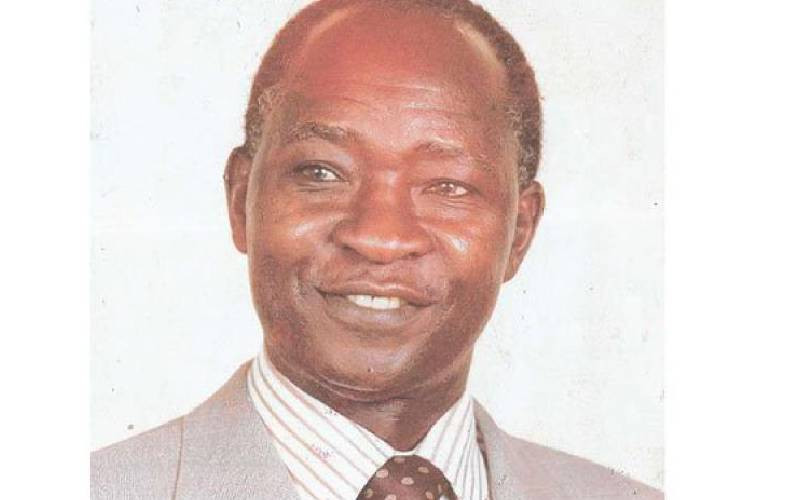×
The Standard e-Paper
Fearless, Trusted News

Many Kenyans know Peter Habenga Okondo for his loose tongue, and especially for the disaster his mouth accorded him in 1990 when he warned Anglican Bishop Alexander Muge against visiting Busia.
"He will not leave Busia alive if he dares set foot there," Okondo thundered, in his characteristic carefree manner. Muge visited Busia, and indeed left in a casket, costing Okondo his job in the Cabinet, and along with it a chequered political career.